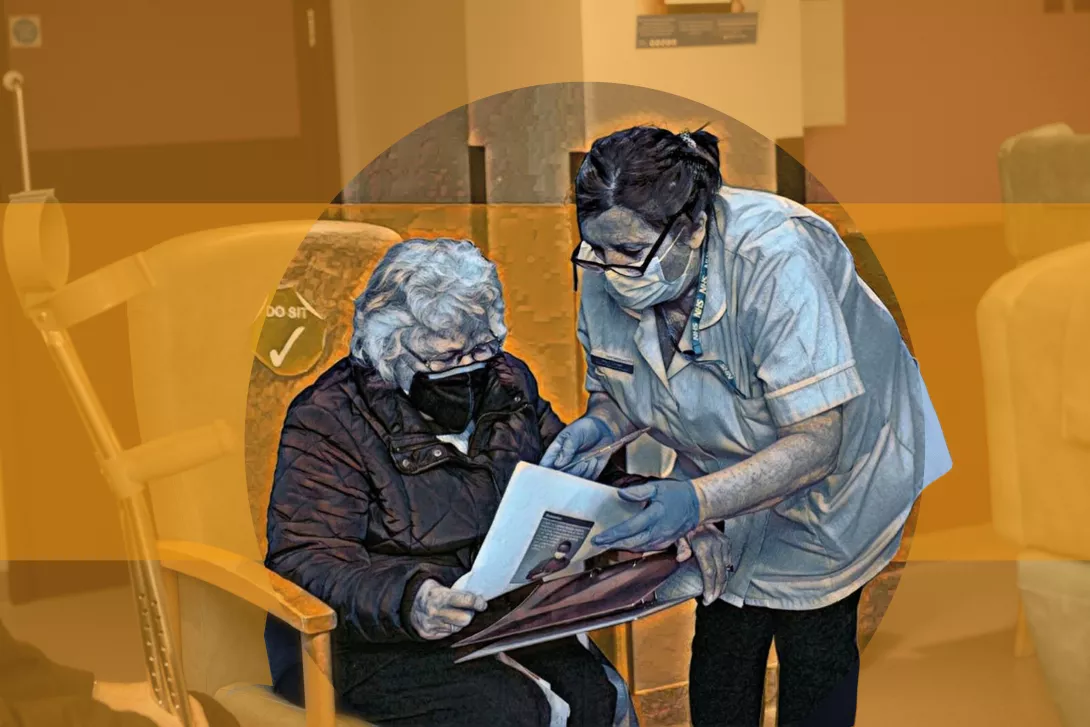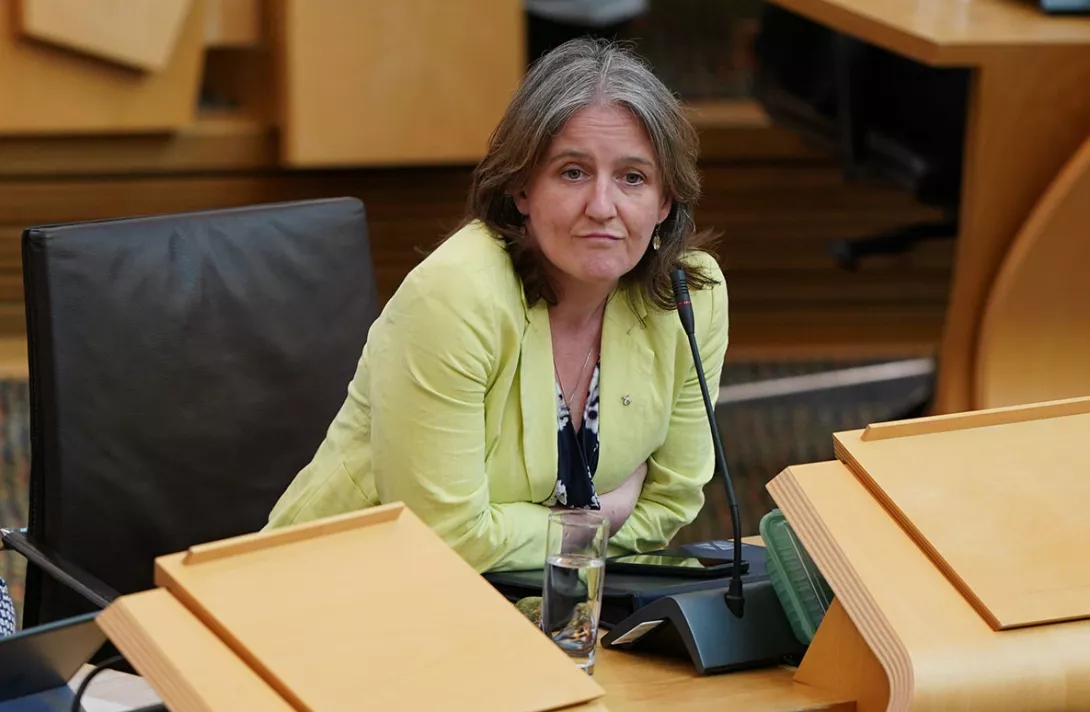
BILLY CONNOLLY once described Holyrood as a “pretendy wee Parliament.” Outrage followed. This Thursday though, MSPs seem intent on turning The Big Yin’s comment from sarcastic dismissal into observable fact. MSPs are being told “vote now — details later,” in a manner that makes a mockery of the idea of parliamentary democracy.
The occasion is the first stage vote on the National Care Service (Scotland) Bill which the SNP-Green Scottish government want MSPs to approve. This is despite practically none of its proposals having been examined by Parliament.
Little of what the Scottish government is planning has been published, and the Scottish government is unable even to explain how some of the key measures will work.
What is being put in front of Holyrood on Thursday isn’t a plan that will set up a national care service along the lines of the NHS. It’s a secretive shambles, and if MSPs vote for it they are failing to do their job.
The Scottish government published the Bill in June 2022. Instead of proposing a system akin to the NHS, it outlined plans aimed at ensuring “the market for social care as a whole remains vibrant and stable” — retaining the market in social and residential care (including for-profit provision) and adding into it the entirety of social work and an unspecified number of health functions.
The plans were costed based on transferring over 70,000 local government, and an unknown number of NHS, staff to bid for work from new ministerially appointed quangos called Care Boards. These would have the legal responsibility for the services.
The plans met with near-universal dismay, not least for the lack of planning that seemed to have gone in. In the face of this hostility, the Scottish government has said it won’t proceed with almost all of its plans. The intention now is a revamp of existing integrated care arrangements.
While few will mourn the demise of the original proposals, no-one inside, or outside, Holyrood has any detail about what is now proposed. The Scottish government won’t even publish the changes it will make to the Bill at the next stage of scrutiny if MSPs vote for it on Thursday. Indeed there are parts of what it intends, such as “shared legal responsibility” between the national care service and local government, that it can’t even explain.
Parliamentary scrutiny in Holyrood follows a strict pattern. A Bill is published, a committee is given charge of it and it sends out a call for views (including to other parliamentary committees). A wide range of bodies across Scotland will give written or oral evidence. This feeds into a report which goes to the whole Parliament.
For the care service Bill, pretty much all of the views that were canvassed, evidence submitted, and testimony given — are now worthless, as the Scottish government is abandoning those plans. The government still wants the Bill to be voted for at stage one though. So amendments bringing forward new, unexamined, plans can be introduced at stage two.
But the government is refusing to publish the amendments it wants to make at stage two, before the stage one vote. Essentially asking Parliament to buy what amounts to “a pig in a poke” — and at a price that the government isn’t certain of.

















